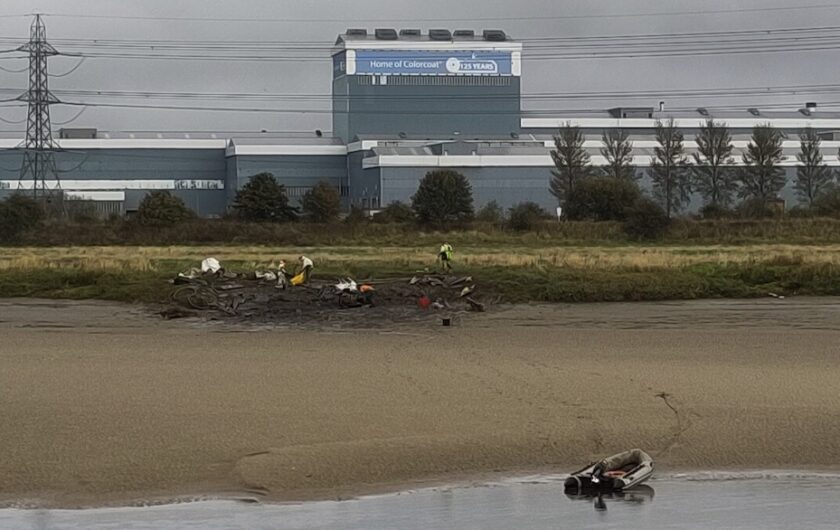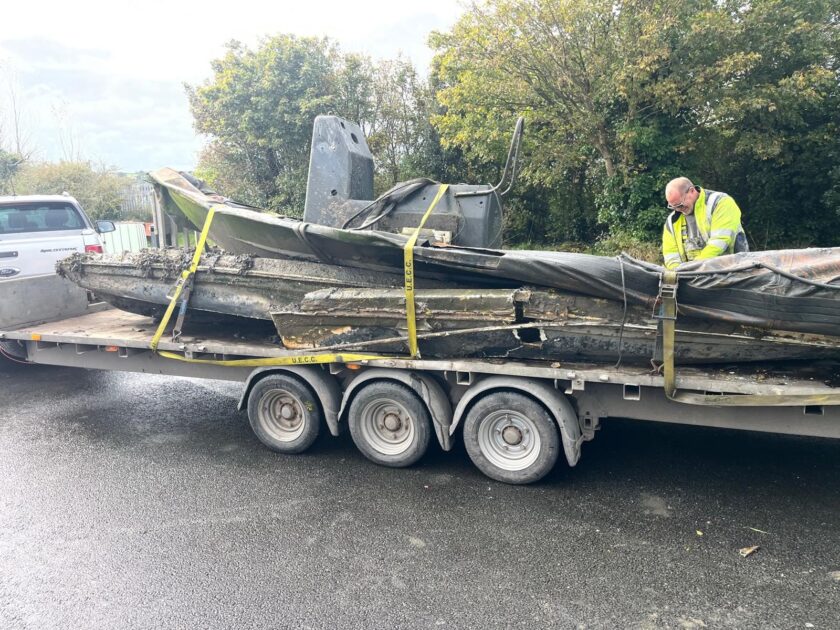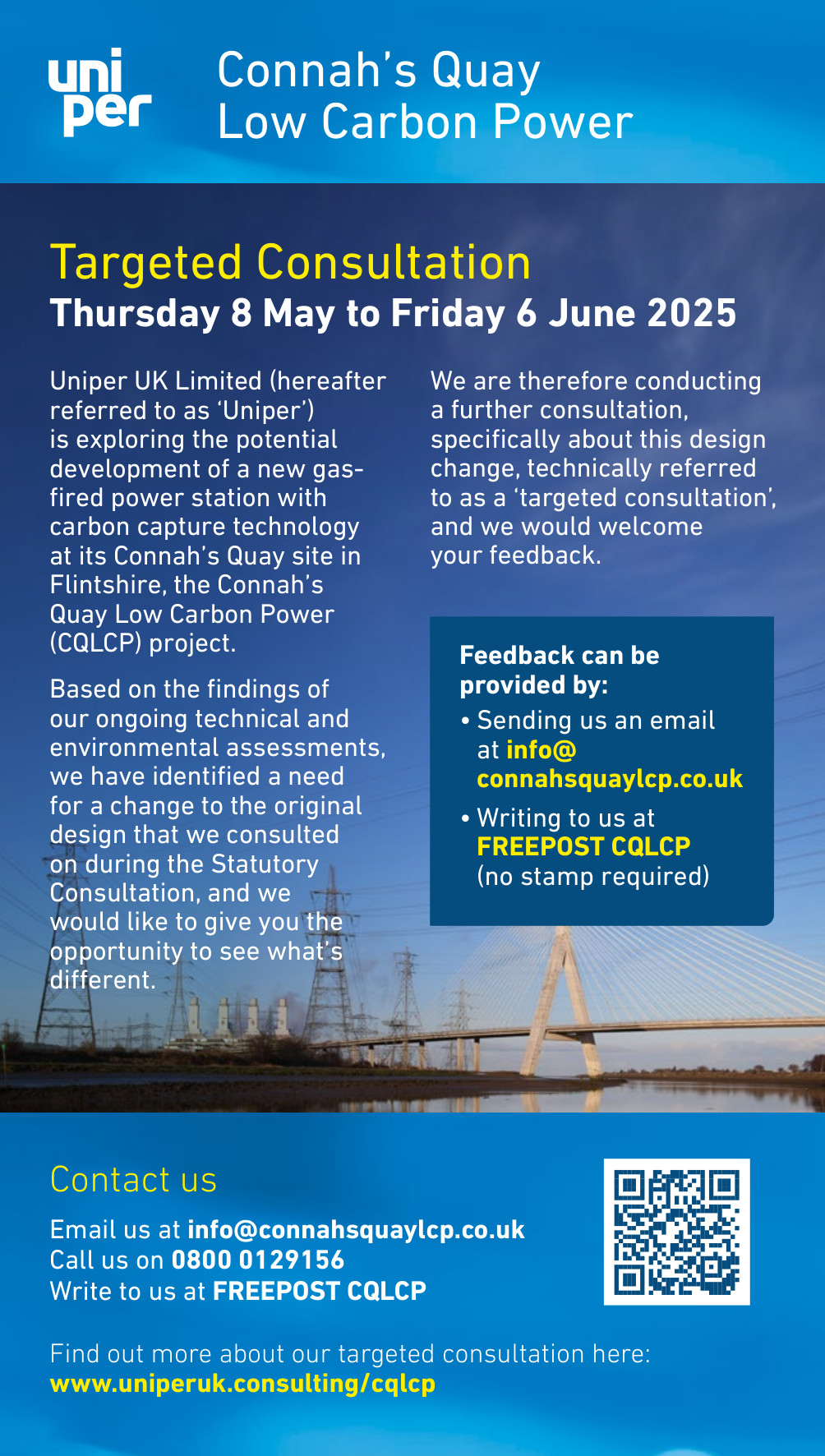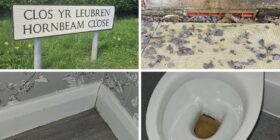Natural Resources Wales clears derelict boats from River Dee

Natural Resources Wales (NRW) has removed a large derelict catamaran and several smaller vessels from the Dee Estuary as part of an ongoing effort to clean up the area and make it safer for wildlife and the public.
The initiative is part of NRW’s Marine Litter and Derelict Vessel Prevention Project, which targets the removal of abandoned boats from the estuary to protect both the environment and those who use the waters.
The most recent operation took place at Connah’s Quay, where the large catamaran and six smaller vessels were successfully removed.
These derelict boats pose significant risks to the environment and wildlife, which relies on the estuary’s delicate ecosystem.
The abandoned vessels can damage habitats and release harmful substances such as microplastics, oil, and paint.
Moreover, they are a danger to water users, as drifting boats can become submerged and turn into hidden hazards.
Joanna Soanes, Project Manager for the Marine Litter and Derelict Vessel Prevention Project, highlighted the importance of the cleanup: “Removing these boats is an important step in making the Dee Estuary healthier for wildlife. Each vessel we remove brings us closer to a cleaner and safer estuary, and the removal of this large catamaran is a great achievement.”

The initiative is part of NRW’s broader efforts to enhance the estuary, ensuring it remains a safe and clean environment for wildlife and an enjoyable space for public recreation.
Graeme Proctor, Harbour Master for the Dee Estuary, emphasised the responsibility of boat owners: “All boat owners have a duty of care to maintain and look after their gear and vessels, and to dispose of them responsibly when they reach the end of their life.”
Mr Proctor further stressed that abandoning boats in the estuary is unacceptable, as it poses threats to the environment and diminishes the enjoyment of the area for others.
For those unsure about how to properly dispose of old boats, NRW advises contacting its Marine Litter and Derelict Vessel Prevention Project for guidance via email at [email protected].










